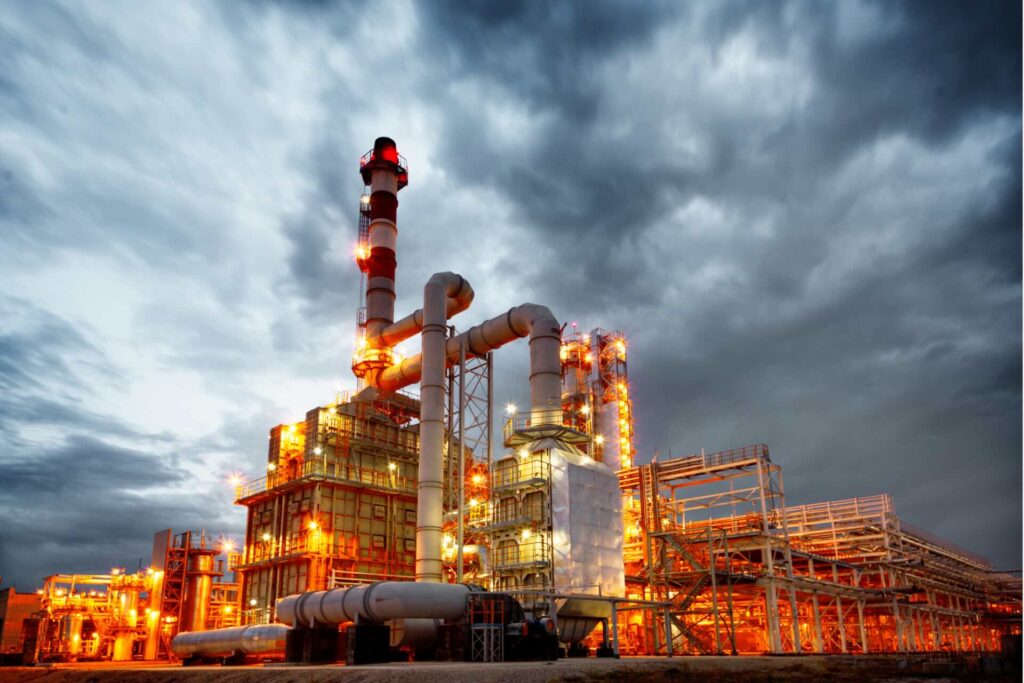A coalition of energy experts warns that the UK is dangerously underprepared for a future energy crisis. A report from the Energy Crisis Commission, published on 15 October 2024, says that our heavy reliance on gas makes us “critically vulnerable to spikes in global fossil fuel markets”.
The Commission is made up of experts from the CBI, Energy UK, Citizens Advice and National Energy Action. It was set up this year to assess our response to the energy price shock arising from Russia’s invasion of Ukraine and set out what we can do differently in the face of future price shocks. It identifies multiple areas where the UK government could have done better.
Where the UK went wrong in 2021/22
High gas reliance. The UK uses gas for around 40% of its electricity generation and 78% of its home heating. The report says that the electrification of heating in buildings is happening too slowly.
Slow support for homes and businesses. The UK’s Energy Price Guarantee was very welcome when it was announced in the September 2022 Budget, but this came nearly a year after France introduced its “tariff freeze” in October 2021.
Little action on insulation. The UK famously has the oldest, leakiest housing stock in Europe and this has far-reaching effects on health and social mobility. The 2021/22 gas price crisis disproportionately affected the poorest, most vulnerable households.
Barriers to onshore wind. The report criticises the “de facto onshore wind ban” in England for slowing deployment of new renewable capacity and keeping us vulnerable to high gas prices. A 2023 change in planning rules represents some progress since then, but there are still many bureaucratic and other barriers preventing offshore wind developers from going ahead.
Mismanagement of Contracts for Difference. The Commission believes that the structure of the Contracts for Difference scheme is restricting the number of new renewable projects. It gives the example of the disastrous autumn 2023 auction where there were zero bids to build offshore wind. Since then, changes in the maximum price and other adjustments have improved the auction system and brought us a record-breakingly successful round in September 2024.
How to protect ourselves in the future
The last energy crisis centred around rocketing gas prices. The report suggests that the next price shock could come from the oil markets, which would affect the transport sector more than heating. But nothing is certain. It suggests some actions for the government to prepare for whatever is coming next:
- A massive energy efficiency programme to reduce demand (including better insulated homes);
- Scaling up low-carbon power (already very much on the agenda);
- Increased use of flexibility and storage solutions to reduce our reliance on gas for power generation;
- Moving forwards with the electrification of heating;
- Accelerating the switch to electric vehicles;
- Supporting businesses to reduce their energy demand and transition away from gas;
- Preparing to support the most vulnerable households during the next crisis by working with charities and other agencies to gather data on who is likely to be most affected.
The Energy Crisis Commission report also outlines some potentially popular but counterproductive measures that we should not take:
- We should not grant more North Sea oil and gas licences, because UK extraction does not significantly impact UK prices.
- We should not scrap “green levies” because these are not a driver of high energy prices.
The International Monetary Fund says that the UK was the worst hit country in Western Europe because of our gas dependence. The gas price crisis worsened our cost-of-living crisis and slowed economic growth. The report is therefore clear that the move away from fossil fuels required by our net zero transition is essential; not just for climate reasons but for urgent economic ones.
If you’re concerned about energy price rises, get in touch with the experts at Sustainable Energy First. Whether it’s fixed or flex, we can advise on the different risk-managed approaches to procurement and find a solution that works best for you.
For more information or advice on the new CCA scheme, please get in touch for a no-obligation chat with our industry-leading experts at Sustainable Energy First.

